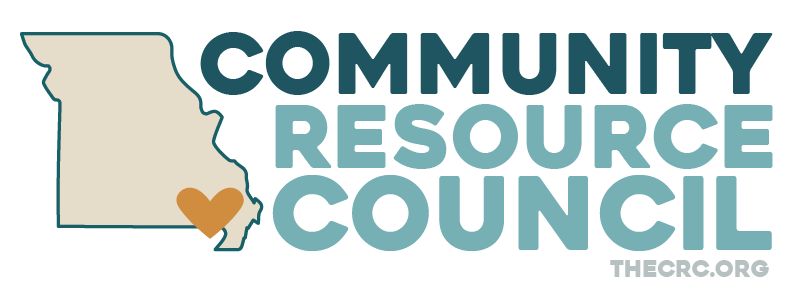Protective Factor: Language Based Discipline
Hi there! This month we are focusing on another Protective Factor and that is Language Based Discipline. Just as a reminder in case you are new here, a protective factor is a factor present in a child’s life that makes them less likely to use substances such as alcohol, tobacco, marijuana, and vapes. I know that discipline can be kind of a touchy subject, so I want to start by saying that we are not saying that physical discipline is a risk factor, however today we are just going to explore some of the reasons why language based discipline is regarded as a protective factor for substance use.
Language-based discipline can be a protective factor against substance use for several reasons, largely due to the role of communication, self-regulation, and emotional expression in promoting healthy coping mechanisms. Here’s why:
🧠 1. Enhanced Communication Skills
Clearer expression of thoughts and emotions: When individuals, especially children and adolescents, are exposed to consistent, language-based discipline (e.g., discussions about consequences rather than physical punishment), they develop stronger communication skills. This helps them articulate their feelings, needs, and frustrations, reducing the likelihood of turning to substances as a coping mechanism.
Improved conflict resolution: Effective language-based discipline often involves teaching problem-solving strategies, which reduces impulsive or reactionary behaviors that might lead to substance use.
💡 2. Better Emotional Regulation
Verbalizing emotions promotes emotional intelligence: Language-based discipline encourages children to name and understand their emotions rather than suppressing them. Being able to identify feelings like stress or sadness makes it easier to seek healthy coping strategies instead of resorting to substances.
Decreased impulsivity: Children exposed to consistent, language-based discipline often develop stronger self-regulation skills, which lowers the risk of making impulsive decisions like trying drugs or alcohol.
🌿 3. Strengthened Parent-Child Bond
Increased trust and openness: When discipline is rooted in conversation rather than punishment, it fosters a trusting relationship between parents and children. Children are more likely to seek guidance from their parents during difficult times rather than turning to substances.
Modeling healthy communication: Parents who use language-based discipline model calm and thoughtful responses to challenges, teaching their children to do the same.
🔥 4. Cognitive and Social Development
Improved problem-solving skills: Language-based discipline often involves reasoning and explaining consequences, helping children develop cognitive skills that support better decision-making.
Stronger peer refusal skills: Effective communication skills make it easier for adolescents to say no to peer pressure and advocate for themselves in social situations where substances are present.
🛡️ 5. Reduced Risk of Externalizing Behaviors
Less aggression and defiance: Language-based discipline is linked to lower rates of externalizing behaviors (e.g., aggression, rule-breaking) that are often associated with substance use risk. Verbal discipline encourages reflection rather than reactive behavior.
✅ Conclusion
By promoting emotional regulation, strengthening communication skills, and fostering trust-based relationships, language-based discipline creates protective factors that reduce the likelihood of substance use. It equips individuals with healthier coping mechanisms and better decision-making abilities, making them less vulnerable to substance-related risks.
